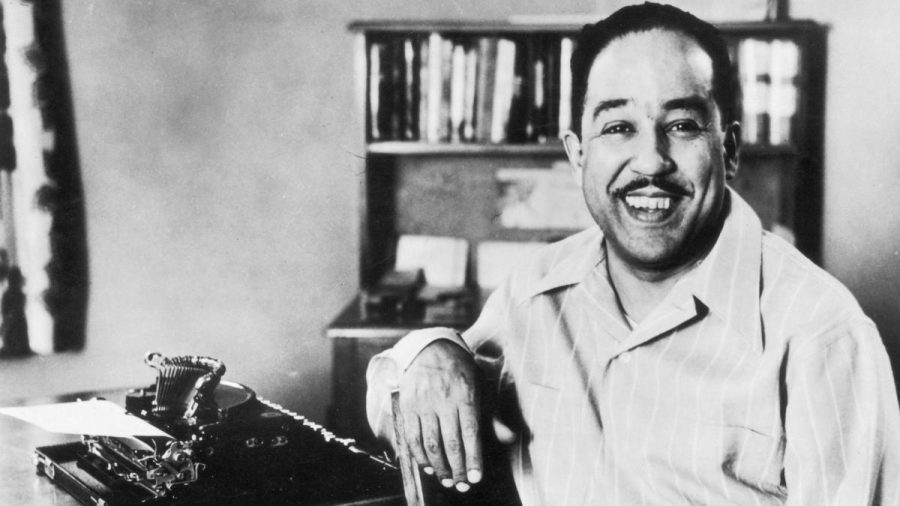Langston Hughes
In honor of Black History Month, every school day The Cardinal will feature a prominent and historical Black American, living or dead, who has worked toward change, advancement, and/or world peace. Some of them are heroes, and some are unsung heroes, who deserve recognition, and have made a contribution to society.
February 15, 2022
James Mercer Langston Hughes was born on February 1, 1901, and was an American poet, social activist, novelist, playwright, and columnist from Joplin, Missouri.
Langston Hughes spent time in England in the early 1920s, Hughes became part of the black expatriate community. In November 1924, he returned to the U.S. to live with his mother in Washington, D.C. After assorted odd jobs, he gained white-collar employment in 1925 as a personal assistant to historian Carter G. Woodson at the Association for the Study of African American Life and History. As the work demands limited his time for writing, Hughes quit the position to work as a busboy at the Wardman Park Hotel. Hughes’s earlier work had been published in magazines and was about to be collected into his first book of poetry when he encountered poet Vachel Lindsay, with whom he shared some poems. Impressed, Lindsay publicized his discovery of a new black poet.
During the Harlem Renaissance, Hughes was a poet and writer. Hughes’ debut collection of poetry, The Weary Blues, and other works served to define the economic plight of African Americans in the lowest classes. Hughes was a key player in the Harlem Renaissance, a period in which black intellectual, literary, and creative life bloomed in a number of American cities, notably Harlem, during the 1920s.
Hughes was not only a well-known poet, but he also produced novels, short tales, essays, and plays. He aimed to convey the joys and tribulations of working-class black lives honestly, avoiding emotional idealization as well as negative stereotypes. This strategy was not without its detractors. Many black intellectuals slammed Hughes’ early writings for conveying what they saw as an unappealing depiction of black life. Hughes, more than any other black poet or writer, captured the intricacies of black life and its tensions with fidelity.
Hughes was the first black American to make a career purely from his writing and public lectures, while facing criticism from both black and white reviewers. He was able to do so in part because of the overwhelming acceptance and affection he got from ordinary black people. Hughes impacted American literature forever.
On May 22, 1967, Hughes died in the Stuyvesant Polyclinic in New York City at the age of 66 from complications after abdominal surgery related to prostate cancer. His ashes are interred beneath a floor medallion in the middle of the foyer in the Schomburg Center for Research in Black Culture in Harlem.


